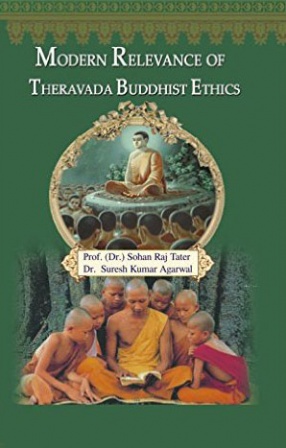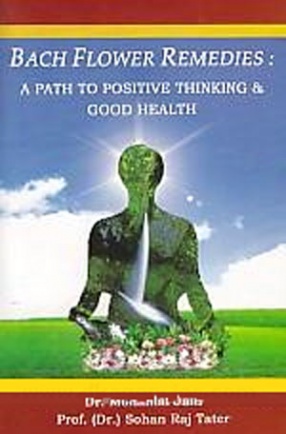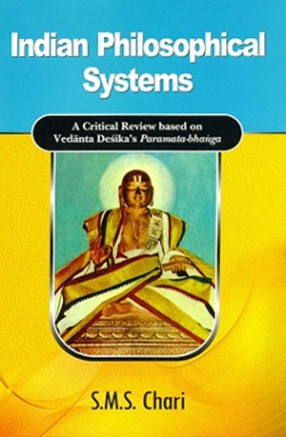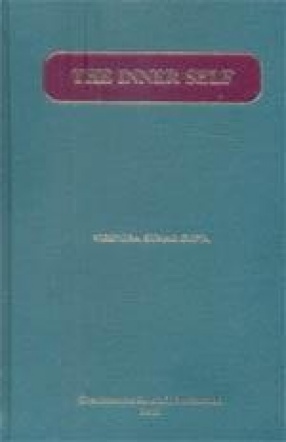Buddhism contains an excellent moral code, including one for the monks and another for the laity, but it is much more than an ordinary moral teaching. Morality (Sila) is only the preliminary stage and is a means to amend, but not an end in itself. Though absolutely essential, it alone does not lead to one’s Deliverance or perfect purity. It is only the first stage on the Path of Purity. Beyond morality is wisdom. The base of Buddhism is morality, and wisdom is its apex. As the pair of wings of a bird are these two complementary virtues. Wisdom is like unto man’s eyes; morality is like unto his feet. One of the appellatives off the Buddha is endowed with wisdom and conduct. Of the Four Noble Truths that form the foundation of Buddhism, the first three represent the philosophy of the Buddha’s teaching; the fourth ethics of Buddhism based on that philosophy. The Sila refer to the moral ethics and purity of the word, thought and deed all together. Sila comes with four conditions and these are extinguishment, chastity, quiet and calmness. Sila or the Buddhist ethics lie at the center of meditative cultivation, otherwise known as mind cultivation. A distinction is being made between the mind of the cultivator, thus internal, and the community which is an external element. The Buddhist ethics involve promoting the peace of both the mind, internal, and that of the community, external. In the vision of Buddha, Sila refers to principles of moral behavior and it encompasses several different levels including basic morality, novice monk hood, and monk hood. Basic morality includes five precepts which are refraining from taking life, from taking what is not given, from sensual misconduct, from lying, and from intoxicants causing the loss of mindfulness. This research book is presented before the world of scholars, literary figures, research scholars and readers. Their satisfaction will be great reward to us for this research work.
The Yoga and Holistic Health
$21.60
$24.00








There are no reviews yet.